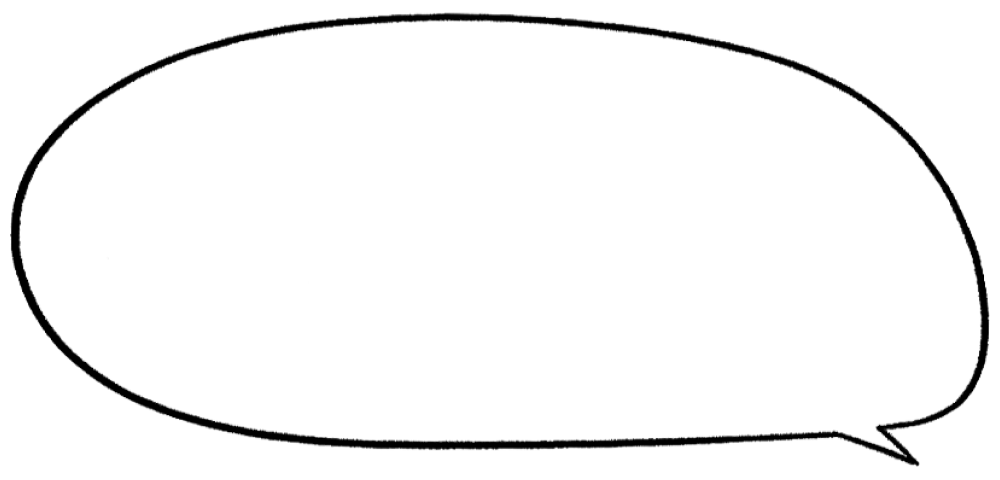
Codecademy takes cross-functional project management to the next level with Notion
Codecademy is on a mission to help anyone learn to code. Obsessed with accessibility, they look for the same quality in their tools. With Notion, Codecademy invites all stakeholders into each other’s processes, projects, and insights to work better together.
Work on the same page
With separate folders and tools for separate teams, it was too easy for engineering, product, and data science to get siloed in their own disciplines. And yet, Codecademy’s success in shipping high-quality learning software is highly dependent on sharing insights across these teams. Now, each team keeps project specs in one Notion workspace to clarify what they're working on and why. These specs help everyone align on important questions, understand their dependencies, and move quickly when collaborating on a new product or feature.

We use Notion as a way to rally around what we want to get out of a particular project and to drive teamwork.
Director of Engineering
A project dashboard designed for stakeholders
In addition to aligning teams, Notion helps engineering centralize their information. Before Notion, engineers kicked off projects with Google docs, funneled information into JIRA boards, and linked issues to Github. Adding on communication channels like Slack and email made it nearly impossible to stay in the loop on a project’s status.
To help people stay on track, engineering created a project database in Notion. “You can get all the information you need in this one Notion page, whether you want an overview or to dive into the details,” says Director of Engineering Kip Price.
At any point in time, a product manager, a data scientist, or an engineer can look at a project page to see who is working on it, what the status is, when it began, and when it ends.
Updates and notifications tailored to you
With communication split between multiple channels, important project updates often slipped through the cracks. Looking for a way to communicate early and often, the product team created a note-taking system to store ideas, research, and feedback for everyone to access. Now, PMs simply tag teammates with relevant action items or callouts from meetings. This has dramatically reduced the back-and-forth needed to get the right information to the right people.

We used to send meeting recap emails all the time. But now the team knows where to go if they have a question about scope or anything else.
Curriculum Product Manager
Visibly measure progress
Codecademy’s data science team helps the entire company understand what’s working and what’s not. But with valuable knowledge stuck in the data science team’s heads, it was hard to provide guidance on how to best measure their goals across the company. Now the team maintains a wiki in Notion, including a Metric Dictionary, which organizes and defines all company KPIs.
“Everyone in the company, even non-technical teams, can contribute to this shared resource in Notion,” says Senior Data Scientist Michael Sampson. “Getting all those metrics in one place was a big deal.”
Now, team members can easily access important metrics and understand how their success is measured. This creates a sense of ownership, accountability, and motivation across the company.




